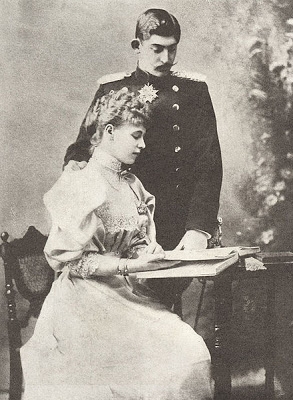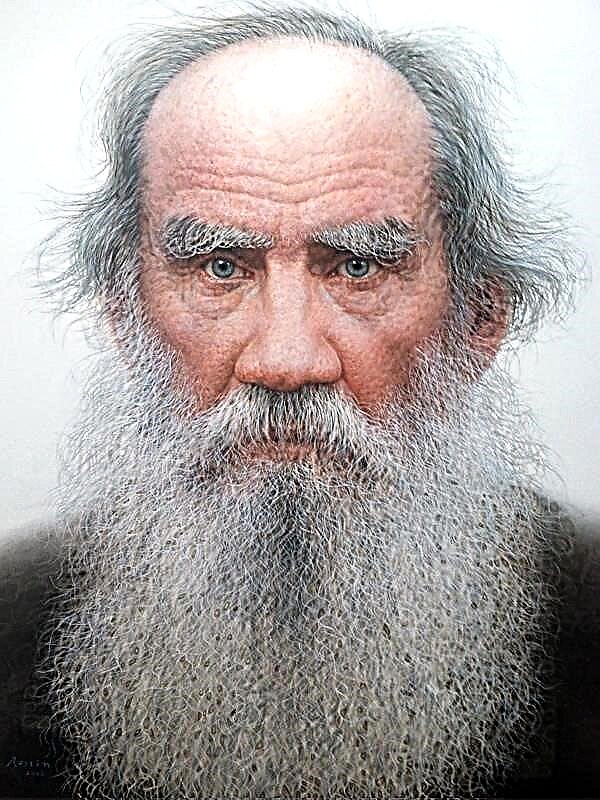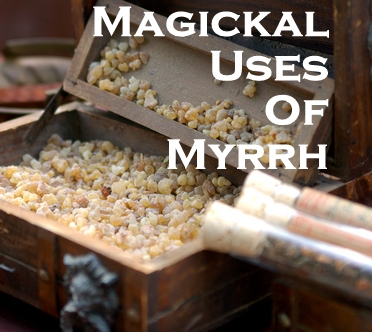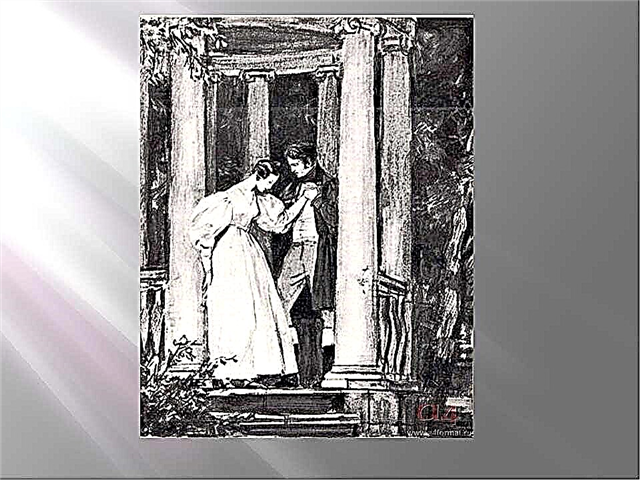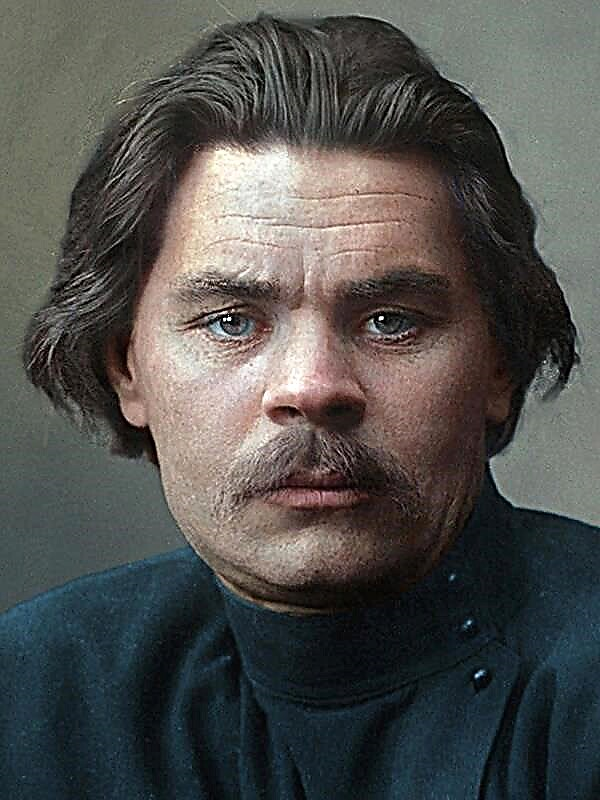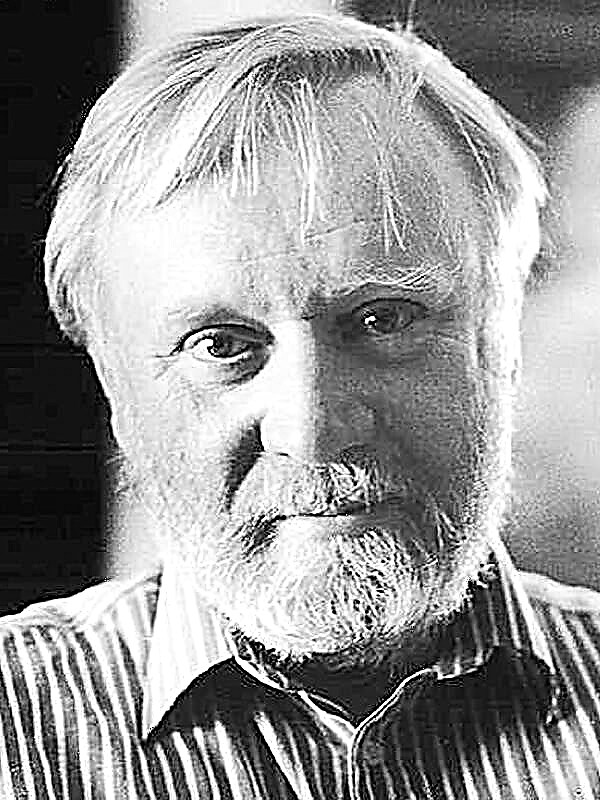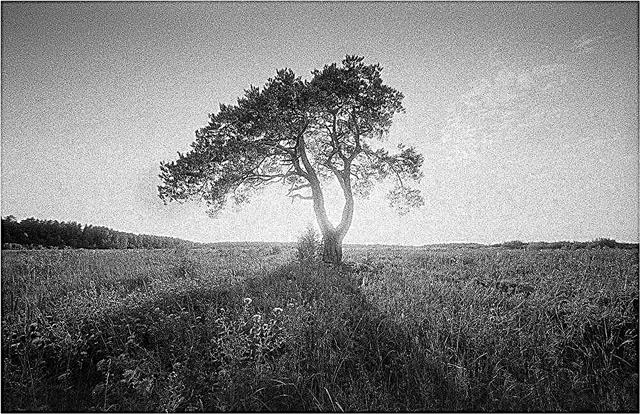The creative process of the poet Osip Emilievich Mandelstam is extremely ambiguous. It is divided into several stages, in structure and mood, which are fundamentally different from each other. The poem "Insomnia. Homer. Tight Sails ”was written in the early years of his activity and saturated with a certain romanticism.
History of creation
Insomnia ... was written in the late summer of 1915. And it was published for the first time in the next edition of Mandelstam’s collection “Stone”. There are two versions of how this poem was created. The first and not very popular one tells that in those years Osip Emilievich was interested in ancient literature and was an ardent admirer of ancient Greek authors.
Another, more popular, conveys the opinion of his close friends. They believed that the lyrics were inspired by Mandelstam’s trip to Koktebel, to the house of his old friend, Maximilian Voloshin (the sisters Tsvetaeva and Aleksey Tolstoy had a rest there). There, Osipu was shown part of an old ship that could have been built back in medieval times.
Genre, direction, size
The poem was written with a six-foot iamba with the addition of pyrrhic. The rhyme is circular, where the female alternates with the male.
The direction in which the creative genius of Mandelstam developed was called "acmeism." From the point of view of literary theory, this phenomenon is rightly called the flow, since it is not as large and large-scale as, for example, realism or classicism. The acmeist poet prefers not abstract images-symbols, but rather concrete and understandable to everyone artistic images, metaphors and allegories. He writes down-to-earth, without using zaumi and complex philosophical concepts.
Genre is a lyric poem.
Composition
The novelty of the poem is determined by its construction. The three-stage composition reflects the path overcome by the lyrical hero in his thoughts.
- The first quatrain is the plot of the plot. The hero is trying to sleep, and now, a long list of Achaean ships in the imagination of the hero turns into a "crane train", striving into the distance.
- The author asks: where, and why are they swimming? Trying to answer this question in the second quatrain, Mandelstam asks even more serious questions, recalling the plot of an ancient poem, where, because of love, a bloody war broke out that claimed the lives of hundreds of heroes.
- The poem ends with a line conveying the mental state of the lyrical hero. The sea is noisy and thundering. But, it is worth assuming (given that the work was written in Koktebel) that he finally falls asleep to these sounds of the night, dark sea.
Images and Symbols
All images and symbols are taken by the author from the ancient poem of Homer "Iliad". It refers to a dispute between Olympic goddesses who did not call the goddess of discord to a feast. In a fit of revenge, she quarreled with three women from the divine pantheon (Hera, Aphrodite and Athena), throwing one golden apple on the table, intended the most beautiful of them. The ladies went to Paris (the Trojan prince), the most beautiful young man on earth, to judge them. Each offered her gift as a bribe, but Paris chose the offer of Aphrodite - the love of the most beautiful woman in the world, Elena, the wife of the Achaean king. The man stole the chosen one, and then her husband, together with the troops of other rulers, went in search of. The Achaeans could not stand the shame and declared war on Three, which fell in the struggle, but very bravely resisted.
- Ship List - a long and monotonous enumeration, which the ancient Greek poet Homer added to his poem "Iliad." That's how many ships went to conquer Troy. The author considered them to fall asleep, because his heart is also bewitched by love, he can not find peace in any way.
- Divine foam - This is a reference to the appearance of Aphrodite, the goddess of love. She came ashore from the sea foam, which in this case is a symbol of love.
- Elena Troyanskaya - a woman, because of love for which the troops of both sides were killed. The Achaeans did not need land and power, they came at the call of the heart.
- Contrasting the poetic voice of Homer and the sea necessary in order to show the futility of the efforts of the lyrical hero. Whatever he does, he cannot forget his own yearning for his heart, for everything is moved by love. The sea in this case is a free element that returns the author at present to reality, where he too is tormented by feeling.
Themes and Issues
- Antique motifs. The poem begins with the musings of the lyrical hero while listing the names of the ancient Greek ships. This is the “Catalog” mentioned in Homer's Iliad. In the ancient work there is a detailed listing of each of the detachment of soldiers heading for the Trojan War. Twenty-four-year-old Mandelstam, while writing a poem, studied at the Faculty of History and Philology of the Faculty of Philology at St. Petersburg University. Reading the list of ships from Homer's poem was considered an excellent remedy for insomnia. It is with this word that the poet begins his work.
- Theme of love. The hero suffers from the fact that he cannot fall asleep and begins to list the names. However, this does not help and, having read the list until the middle, he begins to reflect. The main problem of the hero is as old as the world is love. The excitement of the sea, like unrest in his heart. He does not know how to be, how to fall asleep and "whom to listen to."
- The problem of sacrifice of love. Mandelstam perceives feeling as a cult - he needs to make sacrifices, it is bloodthirsty in his fury. For his sake, the elements worry and destroy ships, wars are waged for him, where the best of the best die. Not everyone is ready to devote themselves to love, putting on the altar all the most expensive.
Meaning
The author recalls the Iliad as the Kings, which were crowned with “divine foam”, sailed to Troy in the hope of returning the beautiful Helen, who was abducted by Paris. Because of her, the Trojan War broke out. It turns out that the most important cause of bloodshed is not conquest of land, but love. So the lyrical hero is surprised how this force sweeps away everything in its path, how people have been sacrificing their lives for millennia.
In the third quatrain, he is trying to figure out this incomprehensible force, which is more powerful than Homer and the sea. The author does not already understand what to listen to and who to believe if everything falls before the powerful force of attraction of souls. He asks Homer, but he is silent, because everything was already stated a long time ago, BC. Only the sea rumbles as vehemently and stubbornly as the heart of a man in love beats.
Means of artistic expression
In the poem there are a lot of paths on which the lyrical narrative is built. This is very characteristic of acmeism, the current to which Mandelstam belonged.
Metaphorical expressions, epithets such as “long brood”, “crane train” immediately take the reader to the hero’s thoughts, allow you to more deeply feel the ancient Greek era, which the author thinks about. Ships seem to be compared with a flock of cranes rushing off into the distance, where they literally sit "like a wedge" in foreign lands.
Rhetorical questions convey the reverie of the hero, his doubts, and anxiety. At the same time, the element of the sea is very clearly manifested. For the author, she is as if alive.
The adjective “black” at the same time reminds us that the author was resting at that moment on the Crimean coast, and at the same time refers to eternity, the bottomlessness of sea waters. And they, like an endless stream of thoughts, rumble somewhere in the author’s head.


